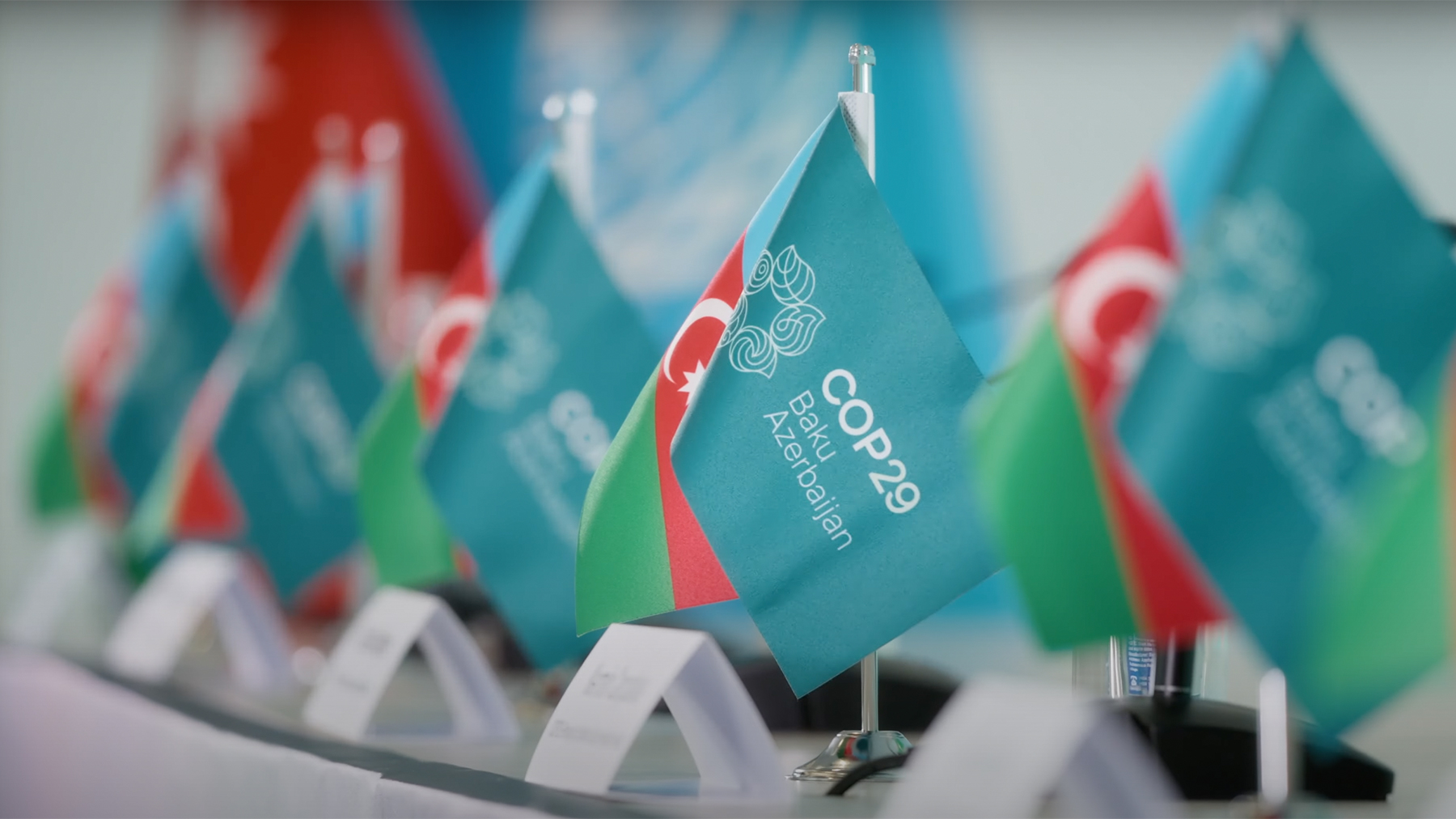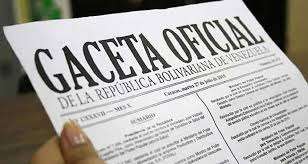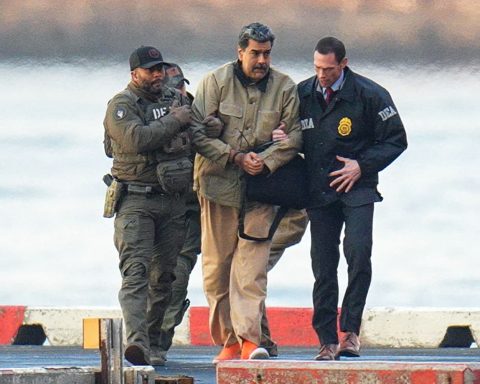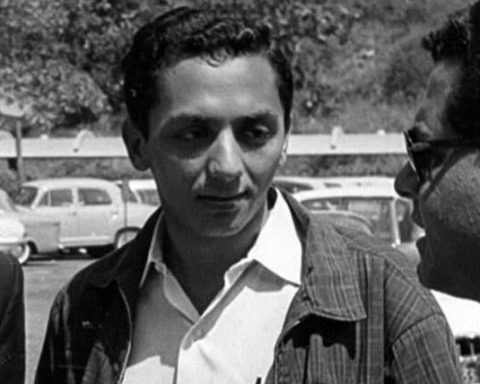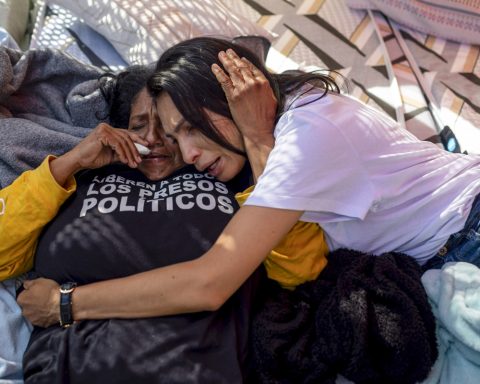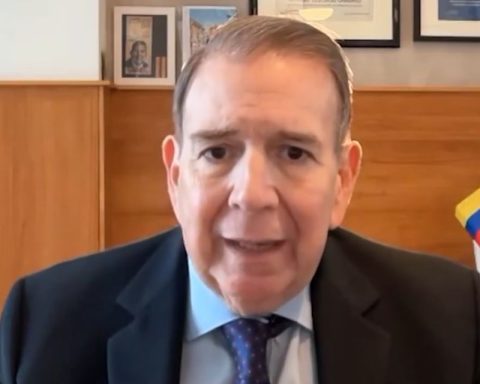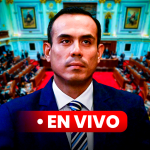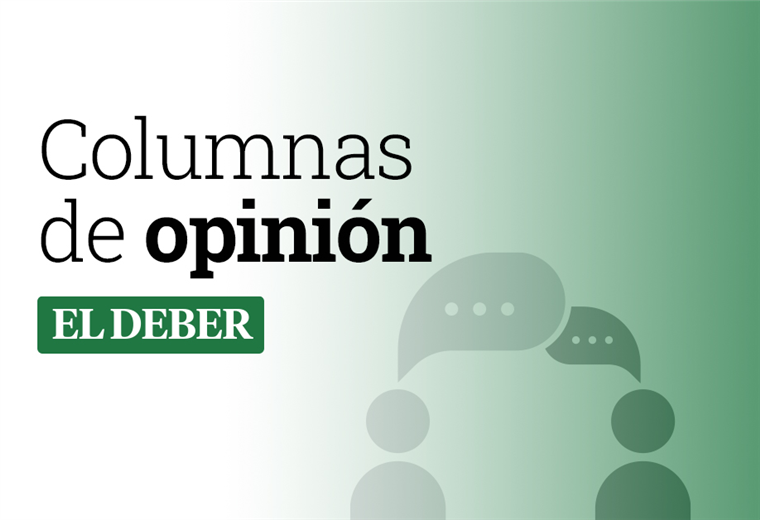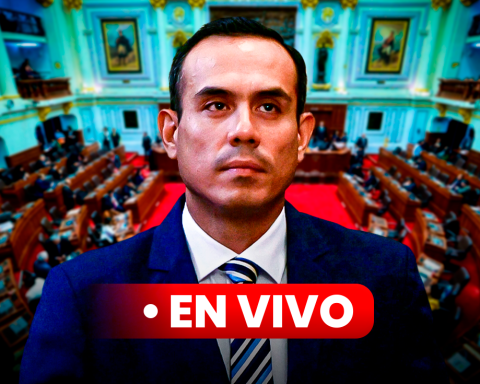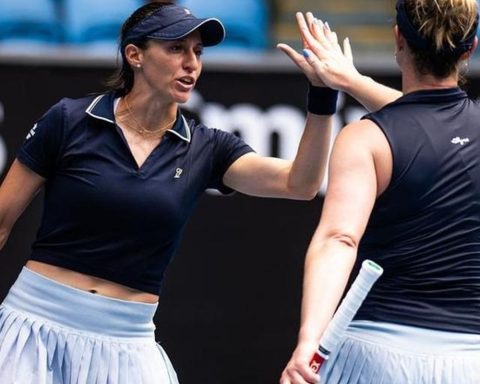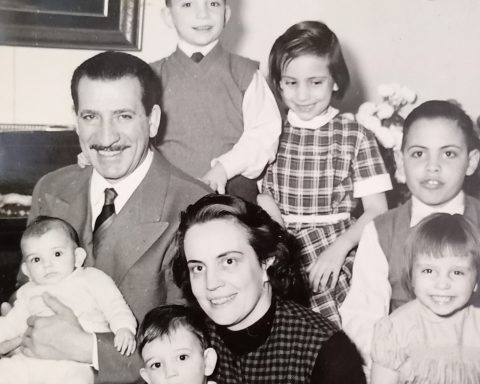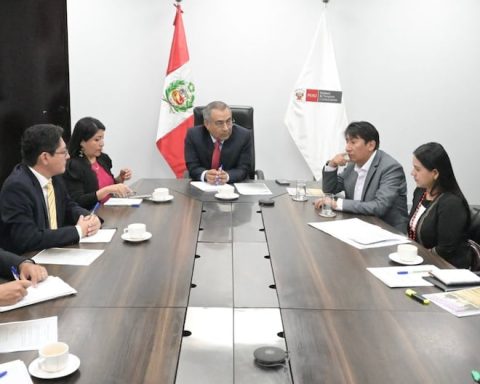The agreed contribution of money at COP29 “is an insult to the demand of developing countries,” said Diego Pacheco, Bolivia’s chief negotiator, agreeing with views that it is too little, too late to do so.
Text: RFI with AFP
Nearly 200 countries approved this Sunday at the COP29 in Baku that rich countries contribute $300 billion annually to developing nations to address climate change, an objective that the latter considered insufficient. ‘It is an insult to the demand of developing countries,’ said Bolivian negotiator Diego Pacheco.
According to the final draft agreement, rich countries commit to contributing “at least” $300 billion annually until 2035 so that impoverished nations face the consequences of global warming.
UN Secretary General António Guterres stated that he expected “a more ambitious result” and called on “governments to see this agreement as a foundation… and build on it.”
President Biden praised the pact as a “significant step” to combat global warming and the European Union’s Climate Commissioner, Wopke Hoekstra, said it was “the beginning of a new era for climate finance.”
«This objective is not what we expected to achieve. After years of discussions, it is not ambitious for us,” said Evans Njewa, Malawian diplomat and head of the Least Developed Countries bloc.
The agreed contribution “is an insult to the demand of developing countries,” said Diego Pacheco, Bolivia’s chief negotiator. “Payment of the climate debt is a right of the countries of the global South,” he defended, sparking a standing ovation in the room where the plenary session was being held.
Kenyan Ali Mohamed, leading the group of African countries, said he was “extremely disappointed” with an agreement that was “too small, too late.” And the Indian representative, Chandni Raina, attacked “a miserable sum.”
*Read also: COP16 begins in Colombia with a call for a “significant investment” in biodiversity
“This will not be enough,” Panama’s chief negotiator, Juan Carlos Monterrey, warned AFP.
Developing nations calculate that, with inflation, the real financial effort of the countries that provide this aid (the Europeans, the United States, Canada, Japan, Australia, New Zealand) would be much lower, even more so with the efforts already planned by multilateral development banks.
«No country got everything it wanted, and we leave Baku with a mountain of work still to do. So now is not the time to do laps of honour,” said the head of the UN Climate Agency, Simon Stiell, in a statement.
The agreement separately sets the ambitious goal of obtaining a total of 1.3 trillion dollars a year by 2035, destined for developing countries, which would include the contribution of rich countries and other sources of financing, such as funds private or new rates.
The decision came more than a day after the conference officially ended and after “painful” discussions, in the words of Brazilian Environment Minister Marina Silva, who blamed the continued blockade on a lack of “central leadership.” ».
Next year, the Brazilian city of Belém will host COP30.
Post Views: 34
